In the days after the EU referendum, scientists warned of a potential “brain drain” from the UK. As uncertainty swelled around ongoing EU-funded projects, future access to EU funds and collaborations, and freedom of movement for academics, they predicted the country would become a less attractive place to do science and that academics would leave and take their research elsewhere. And yesterday, BuzzFeed News revealed that the government has requested non–UK nationals be taken off a Brexit-related research project at the London School of Economics.
Now BuzzFeed News has spoken to three scientists who have decided to leave the UK in the wake of the referendum. The lack of clarity around future funding and collaborations was mentioned by all, but it’s not the only reason. All three, none of whom are originally from the UK, also mentioned feeling disconcerted or unwelcome because of the referendum result and the anti-immigrant sentiment they’ve seen in the country.
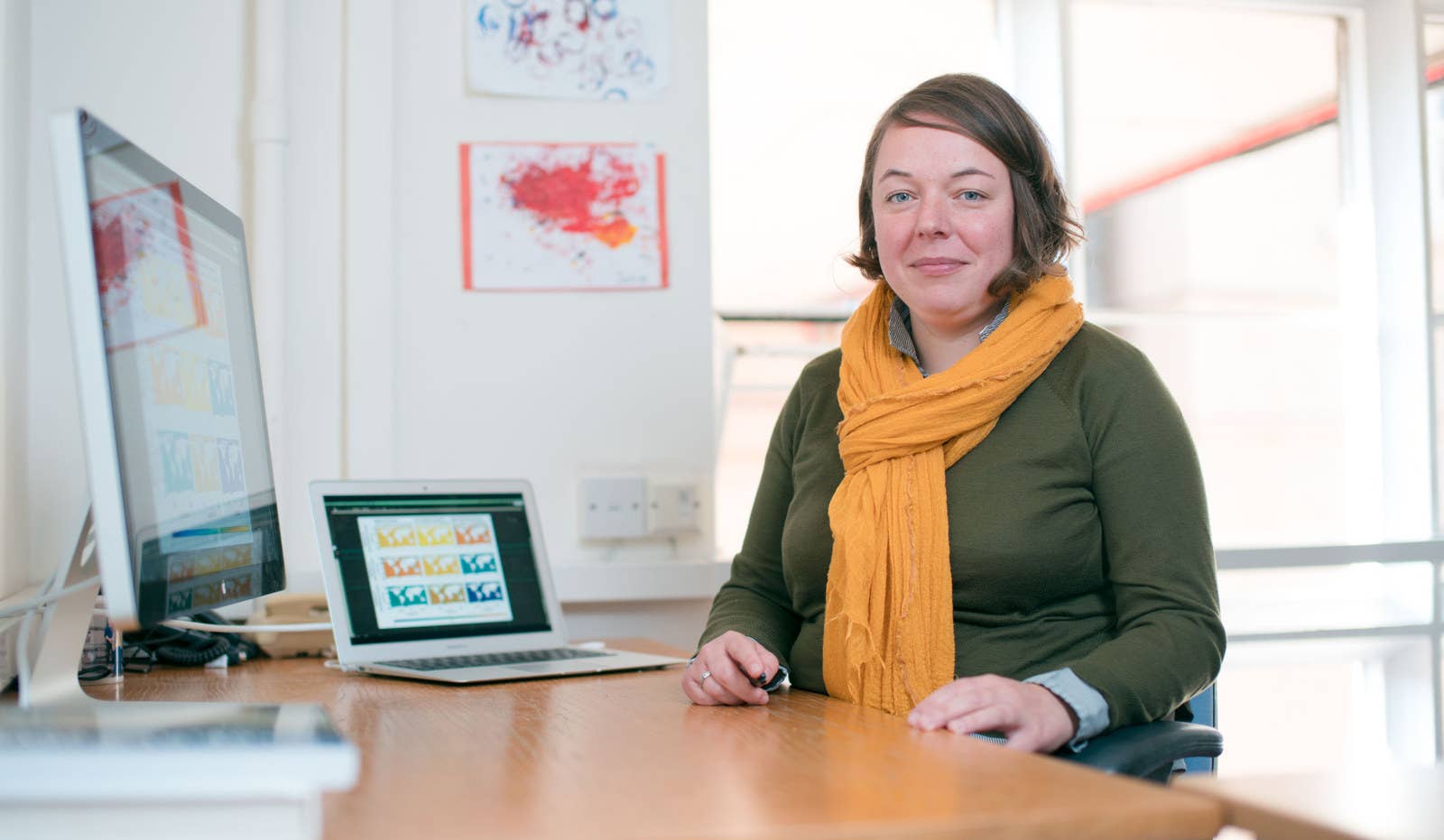
Sandra Arndt has worked at the University of Bristol studying climate models since 2010. She came to the city with her husband because it was a good fit for both of them: She’d applied for and got a fellowship in the subject she wanted to research, and he was able to get his second qualification in architecture there, too.
“It was really good for me scientifically,” Arndt tells BuzzFeed News. “The topic of the research here, and the institute was a great place to work.”
But just after the EU referendum in June, she accepted a job offer from the Free University in Brussels. She starts there later this year, taking her husband and their 4-year-old son with her.
Arndt says the family always knew they’d be making a decision about where to live around this time because their son was approaching school age. “It was still going really well for us here in England and we really enjoyed living here," she says. "We said, ‘Before he starts school, we have to decide if we want to stay, and then we stay for the next 20 years or forever, or we move.’"
The Brussels job came up in January, and she decided to apply to keep her options open. “I went to the interview still not know what we’d be doing in the end,” she says. “And I got the offer at the end of May and that was kind of a mixed feeling.”
But the prospect of Brexit, along with the anti-immigration sentiment they’ve witnessed in the UK, ended up making the decision a lot more straightforward. As soon as the referendum result came round a month after her job offer, it clarified what she should do.
“When the result came out it was definitely a shock, but it wiped away any doubts we had.”
Arndt had been negotiating with her potential employers in Brussels about the details of the position they’d offered her. “I had always said, 'I'm not going to take a final decision before all of this has finished,'” she says. “When the result came out it was definitely a shock, but it wiped away any doubts we had.
“At that point, I just said to Brussels: ‘No, that's fine, I'm taking it.’”
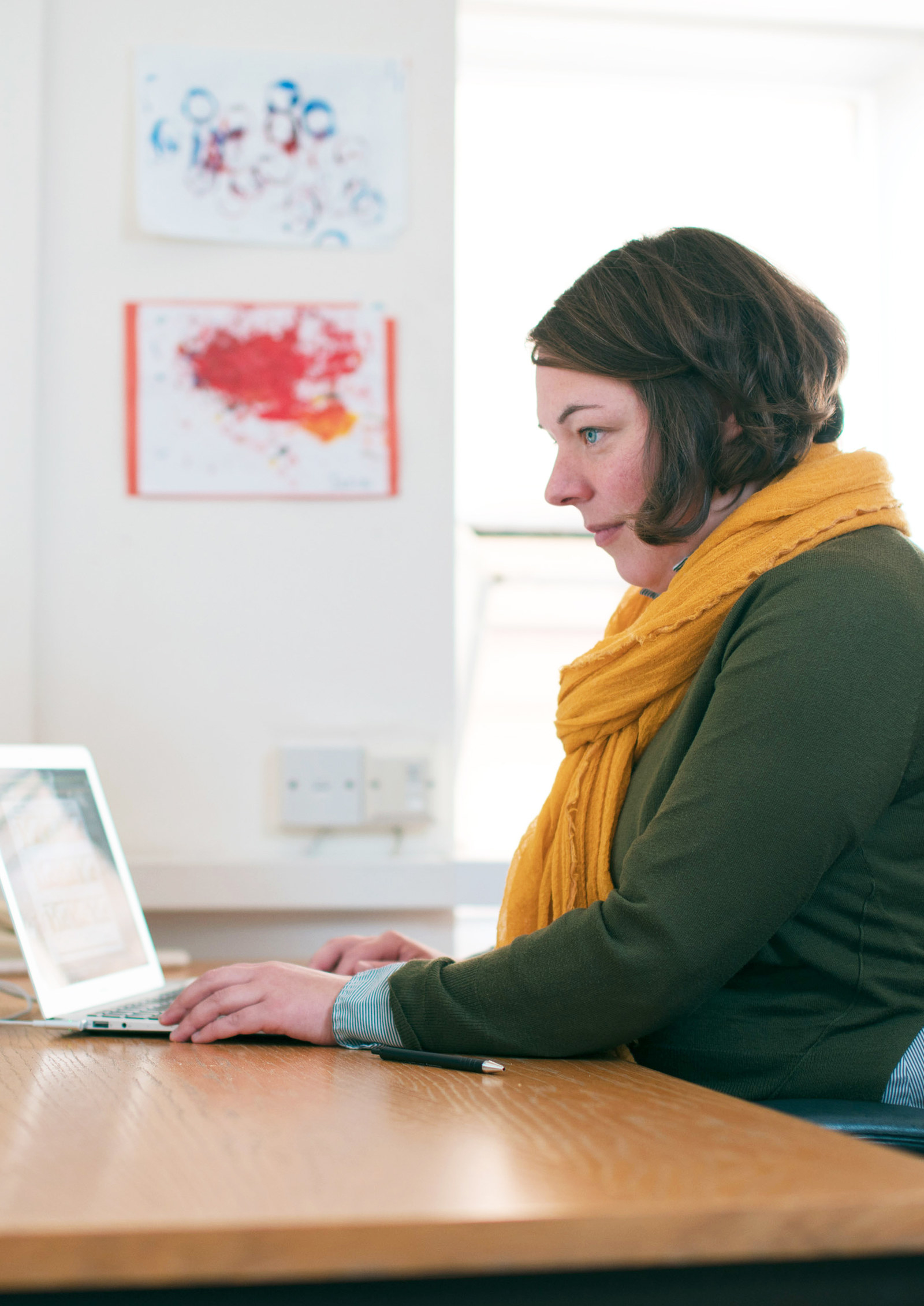
The job she’s moving to is a step up professionally, from lecturer to associate professor, but she says a career move wasn’t her main motivation for leaving the UK.
The prospect of Brexit made her feel “pessimistic” about the future of science funding in the UK and its collaborations with other EU countries. She says scientists at UK universities needed to reassure their collaborators that they’d be able to stump up their part of the project money, whatever happens with Brexit – a difficult task when they themselves don’t know whether that will happen.
The government has said it will ensure any UK scientists involved in a project that’s part of Horizon 2020, the seven-year EU research programme that will run until 2020 with almost €80 billion funding available, will be able to continue if EU funding is pulled after Brexit. But for longer projects the future is still unclear.
Citing Switzerland’s role as an associated country on Horizon 2020, Arndt says: “The Swiss have been really, really good at reassuring their partners that, ‘Whatever happens, even if we’re out, then we will finance our contribution,’ and this isn't happening here so people are a little bit more reluctant.”
She was also worried that Brexit could affect her husband’s job opportunities. “For scientists, it's quite critical to have employment options for partners, and even if the conditions here don't really change and it will still be easy for scientists to come and work and live here, there's still the whole family aspect as well.”
“For us the result is almost a personal insult as well – as a family, European is what we are."
But above anything else, Arndt says she was surprised by how much of an emotional reaction she had to the referendum result.
“It was a real shock. Like something hits you,” she says. “That day we travelled to London and everything was really surreal. It was like waking up in a different country, and I remember just sitting on the train and looking at people and wondering if they'd voted Remain or Leave. I was super conscious about speaking German to my son and always looked around to see what the reaction of people would be.
“For us the result is almost a personal insult as well. As a family, European is what we are – you couldn’t really say we’re British or German or French or American or something else, it’s all a mix. Especially my son growing up here, he’s growing up British.”
Arndt grew up in a divided Germany. “This whole European project gave us opportunities and possibilities I otherwise wouldn't have had, and neither would my husband,” she says.
"Right now, having taken the decision to move, the positive feelings are coming back – we're saying we want to be part of this [the EU].”
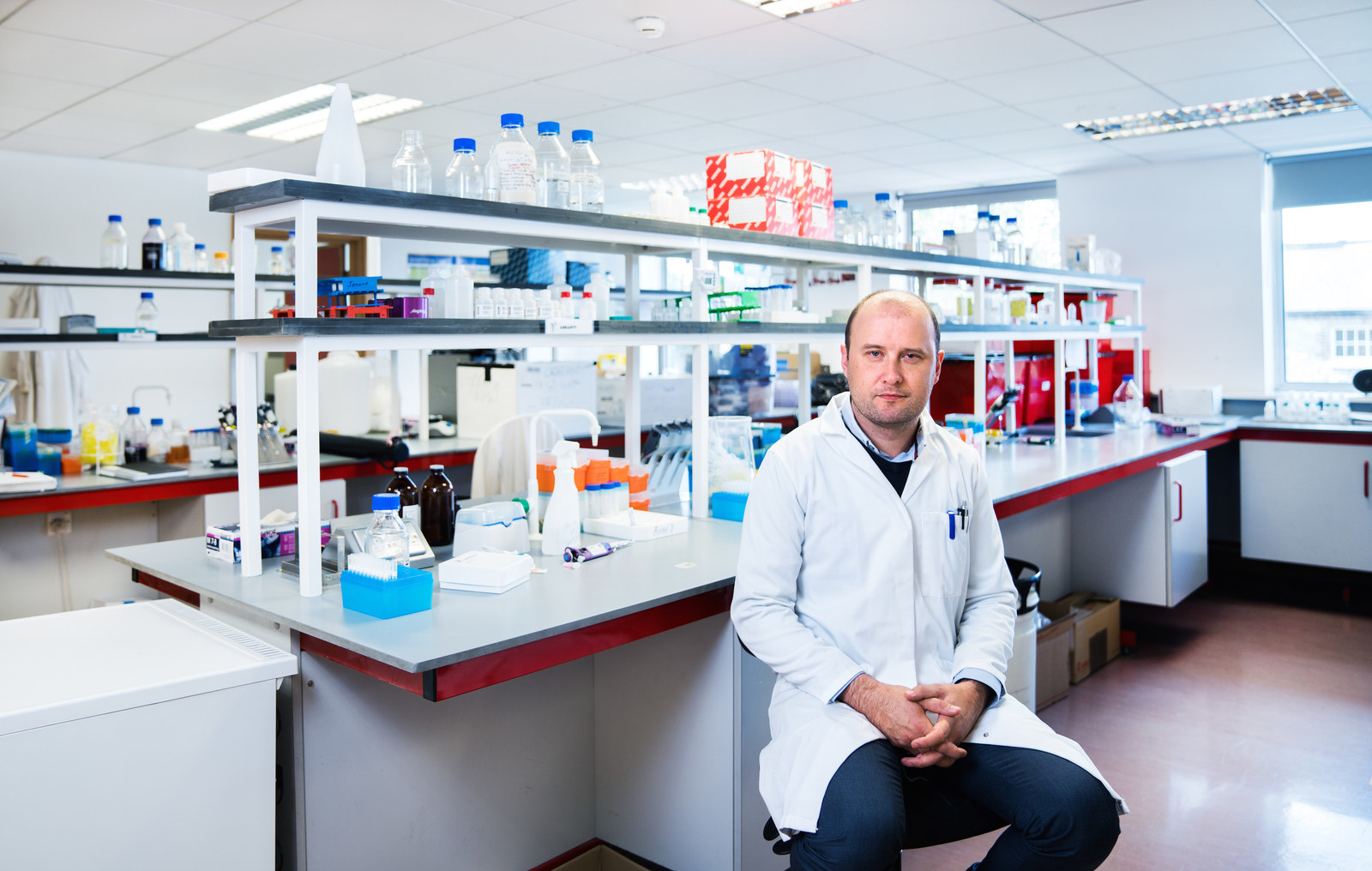
For others, leaving was less an emotional decision and more a practical one.
When BuzzFeed News first calls Stephen Maher he is in the middle of packing up his lab at the University of Hull, ready for a move back to Trinity College Dublin in his native Ireland. His new job, as a James Ussher assistant professor of translational oncology, could be seen as a sidestep in his career, or even a slight demotion – he’s gone from a permanent job to a tenure-track contract, and will have to prove himself in the next five years to regain the status he had in the UK.
But Maher says he expects the benefits of being in Ireland, and in the EU, will outweigh that. “I'm going to be pulling in EU-based grants from here," he says. "I feel that having the closer link with European funding and EU-based colleagues just strengthens the science here, it reinforces science in Ireland. I think that Brexit will destabilise science in the UK, not just from brain drain but from [the loss of] opportunities for funding.”
Before setting up his lab and spending four years at Hull, Maher spent time at Trinity College as a research fellow. He left because the UK offered more opportunities for funding, and the potential to run a bigger lab.
"I'm in an industry that is born out of collaboration and international people coming together.”
The UK is second only to Germany in terms of the amount of EU funding it gets for science. And Maher’s research is looking at treatments for oesophageal cancer, so he can also draw on bodies like Cancer Research UK, the largest charitable funder of cancer research in Europe. He says a lot of Irish graduates go to either the UK or the US, because both are “huge economies for science”, and for cancer research in particular.
“I decided to make the move to the UK because I'm very committed to this particular field of research and the patients that would be associated with my research,” he says. In Ireland, Maher says, the funding landscape means research groups can reach a threshold size where they can no longer grow. “I wanted to go to the UK to build a larger group, to reach that critical mass and really put a dent into my particular field."
But in the year running up to the referendum, Maher says he started to worry. “There was a lot of concern, not just at Hull but within my field, as to what would actually happen,” he says.
The part of Yorkshire that Maher lived in had a strong anti-EU sentiment, and he had a “horrible feeling” in the run-up to the referendum that the UK as a whole would go the same way. “You feel just that slight bit of discomfort in seeing so much negativity surrounding Europe, particularly when I'm in an industry that is born out of collaboration and international people coming together to actually further scientific research.”
So he applied for the Dublin job before the referendum took place. But he was “open and flexible to staying in the UK”, he tells BuzzFeed News – essentially, he wanted to do what was best for his research. In the end, he decided, that meant taking the job in Ireland.
"People are looking elsewhere because they feel that opportunity is going, if not gone already."
Maher says there’s a lot of unrest among his UK colleagues, who he still collaborates with from his new lab in Dublin. “Everything seems to have calmed down now – people think it's not as big a deal, but the UK hasn't left Europe yet, we still have all the benefits of membership,” he says.
“It's very difficult to know how national funding will be distributed, and what the effects are going to be for a lot of researchers at universities around the UK if they no longer have access to the EU funds that they were used to. Considering the UK was pulling in a lot of EU funding, it's a very grey area for people.”
Maher also had worries around what would happen to collaborations and exchanges planned with other EU countries once Brexit takes place. Some of the students in his lab were there on Erasmus exchanges, for example, but that scheme’s future is now unclear. He was also part of a European twinning bid – where an underperforming country in terms of EU research grants is twinned with two others to give it a helping hand – involving the Czech Republic, his old Hull team, and his new Dublin team.“That probably won't happen now, at least with the UK, because they'll be outside of the remit for that European funding,” he says.
Maher’s reasons for leaving the UK echo a lot of the sentiments that scientists warned about before, and after, the referendum happened.
“Most people come for the opportunities that the UK as a science hub offers in terms of career development, training, and exposure to international scientists that you can work with, from a tremendous variety of places around the world,” he says. “And now people are looking elsewhere because they feel that that opportunity is going, if not gone already.”
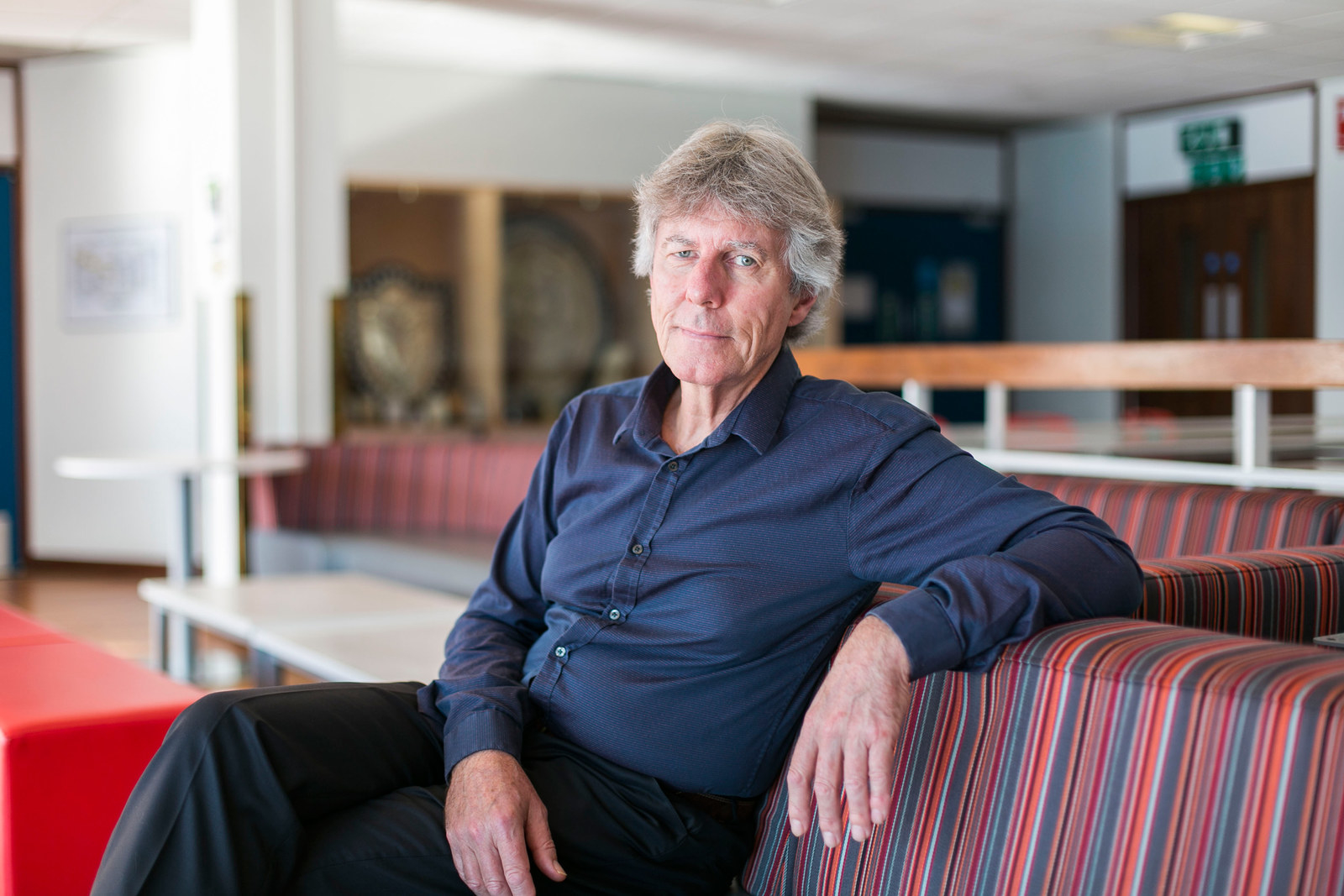
Maher is not the only one worried about his European collaborations.
Michael Soljak came to the UK in 1992 and until he was offered a job in Singapore shortly after the EU referendum he had no plans to leave. He is a New Zealander who trained as a doctor and now works as a public health researcher. He and his family have permanent residence in the UK. They live in London and enjoy how multicultural and welcoming it is. “After the referendum, we don't feel as immigrants that we would be as welcome in some other parts of the UK,” Soljak tells BuzzFeed News.
Since he got his PhD at Imperial College London in 2010 he’s been a full-time researcher at the university. He says he chose to do science in the UK because there was “a reasonable amount of funding” and a thriving research community here. “Particularly in London, it’s one of the best in the world in terms of the environments for research,” he says.
Now, he’s about to leave the UK and next month will take up a position at LKC Medical School, a joint venture between Imperial College and Nanyang Technological University in Singapore. In his new role he’ll be helping to set up a public health research programme at the school.
"There's a very good environment now in Singapore, and the government is putting a lot of money into research there."
Soljak wasn’t looking for jobs, but when he got the offer, it seemed worth considering, and he eventually decided to accept. For him, part of the reason is the pull of Singapore as a place to do research. “There's a very good environment now in Singapore, and the government is putting a lot of money into research there,” he says.
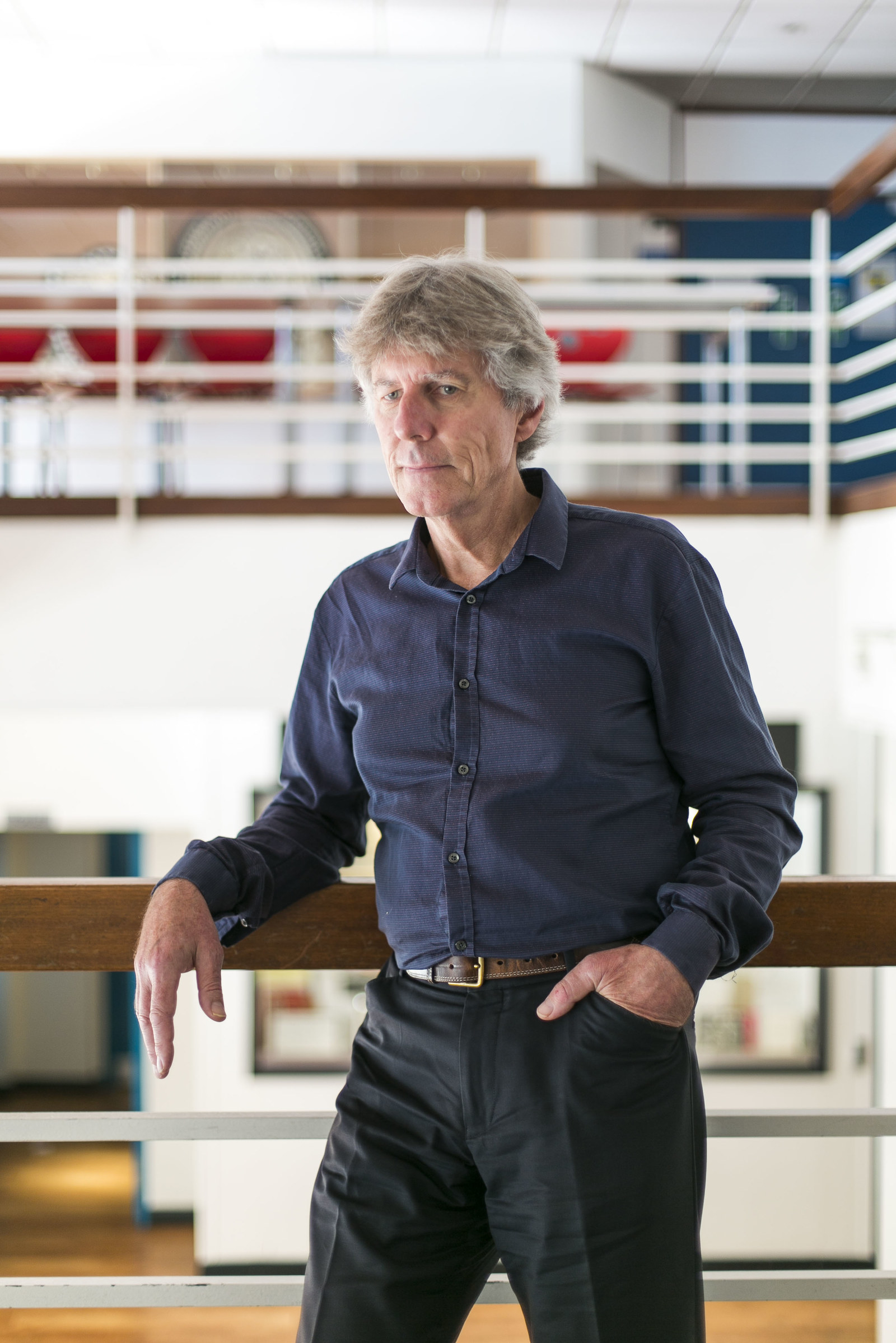
He says Brexit was also a factor, particularly its possible effects on an EU-funded trial of dementia prevention he is involved with. The project involves looking at ways to identify people who are at high risk of the disease, and offering them interventions – encouraging them to take more exercise, change their diet, etc. “As far as we know it’s the only trial of dementia prevention that’s occurring in the UK at the moment,” says Soljak.
“It’s just started, and there's a lot of uncertainty around what's going to happen to it. That's obviously been a concern for a lot of people, and here at Imperial there are a lot of Europeans who are working here who are unsure of their status. They had been hoping it was going to be a three-year project, and that's still not certain. If the EU stops funding during the three-year project the government has said it will replace that funding, but again there's been no detail about that.”
And that’s not the only Brexit-related factor that made the Singapore job appealing. “The fact that I would be paid in Singapore dollars was certainly attractive,” Soljak says. “We are internationally mobile and we travel quite a lot, and doing that on sterling has just become more difficult.”
